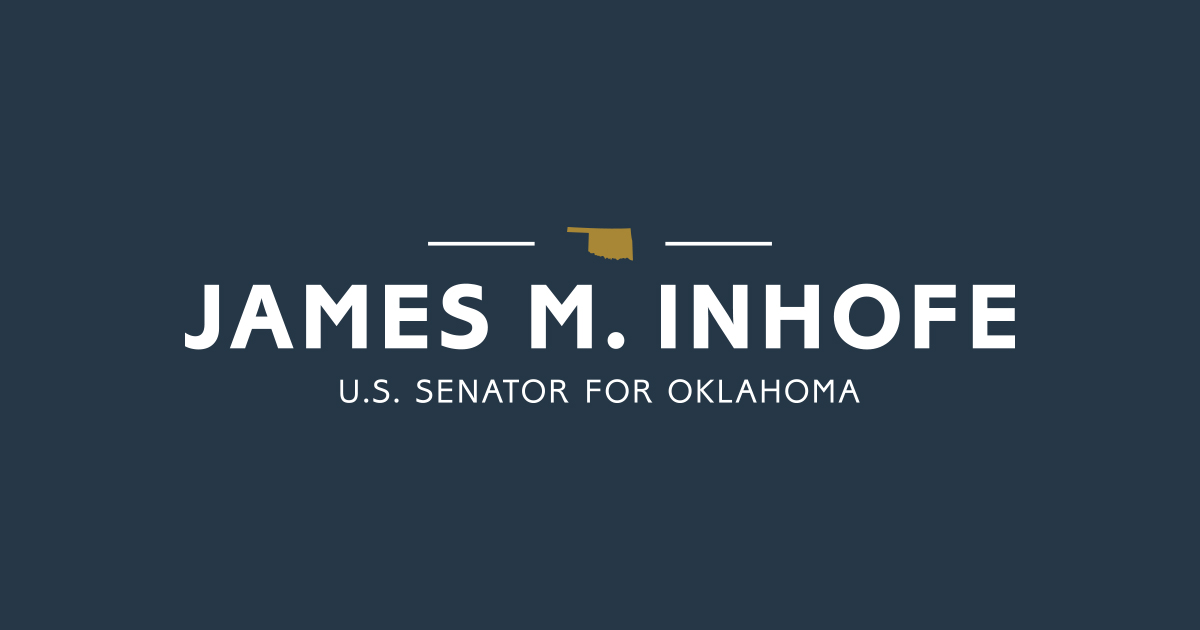Source: United States Senator for Oklahoma James Inhofe
U.S. Sen. Jim Inhofe (R-Okla.), ranking member of the Senate Armed Services Committee, today delivered opening remarks at a hearing on the posture of United States Special Operations Command and United States Cyber Command.
Witnesses included: the Honorable Christopher Maier, Assistant Secretary of Defense for Special Operations and Low-Intensity Conflict; General Richard Clark, Commander, United States Special Operations Command; and General Paul Nakasone, Commander, United States Cyber Command, Director of the National Security Agency, and Chief of the Central Security Service.
As Prepared for Delivery:
Thank you, Mr. Chairman, for welcoming our great witnesses. As I’ve said many times, we face a more dangerous and complex set of threats than at any time during my life.
Just last week, Army Secretary Christine Wormuth said “this is probably the most dangerous security environment” in her 25 years. Well, it’s the same for me, except it’s more than 25 years.
The Chinese Communist Party announced a 7.1 percent defense budget increase this year, continuing two decades of historic military modernization. Every day they give us more evidence that their goals and interests are fundamentally opposed to ours. Russia’s invasion of Ukraine has upended European security. North Korea is developing more capable ICBMs. Iran has accelerated its aggression, and terrorist groups are reconstituting in Africa and Afghanistan.
For our witnesses today, you face challenges across each of these threats. In addition to growing their conventional and military capabilities, our adversaries are expanding their use of irregular warfare and cyber to threaten the United States and our partners.
I’m still working through the recently released 2022 National Defense Strategy. I’ve seen extensive descriptions of the gray zone and expansion and cyber threat posed by each of our adversaries, but I haven’t seen much in this budget so far about responding to those threats.
General Clarke, you have the daunting challenge of reorienting SOCOM for a high-end fight, even as you’ll be stretched thin and shouldering the burden of the fight against terrorism. Like our Afghanistan withdrawal, I’m certain we are taking too much risk there. Mitigating the risk will largely fall on you and your troops.
General Nakasone, the pace of Chinese advance in cyber is pretty breathtaking and our other adversaries are also moving fast. We want to make sure that we have the resources and authorities we need to maintain or regain your advantage. I definitely want us to do more in the cyber cooperation with our allies and partners, so we’ll have to look at funding for that this year also.
I look to our witnesses to describe how the men and women they lead are postured to deal with this array of threats and what this committee can do to ensure they have the tools necessary to be successful. So, Mr. Chairman, I thank you.
